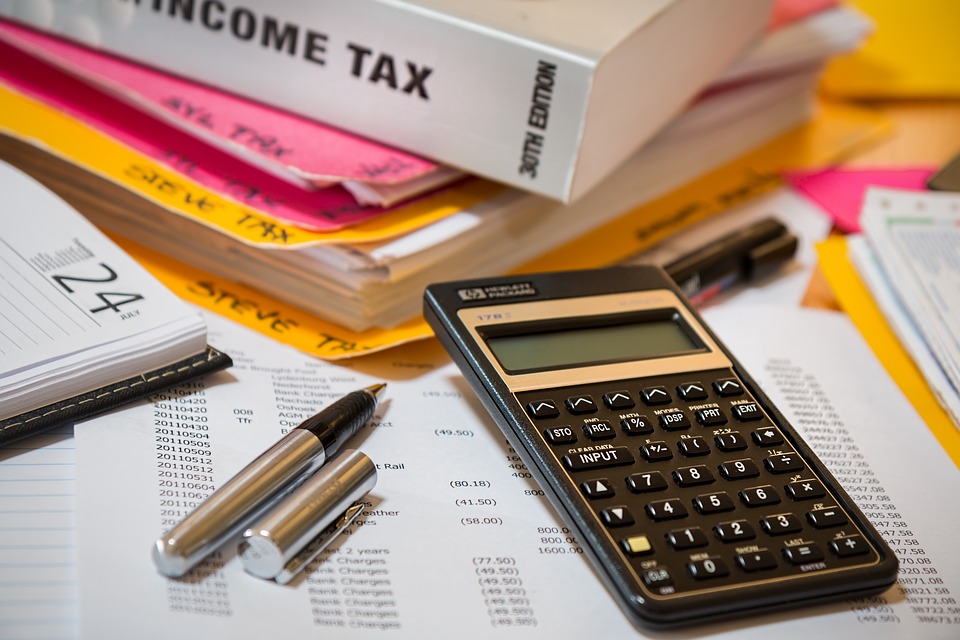
After ‘gift scam’ of 1980s, Sikkim grapples with ‘tax fraud’

A sudden rise in the volume of trade from ‘tax-free’ Sikkim in the Multi Commodity Exchange (MCX) of India prompted the Sikkim government to order an inquiry into the alleged tax fraud.
The MCX’s recent data showed trade volume from the small north-eastern state in India’s largest commodity derivatives exchange surpassed many bigger states, raising suspicion that traders from other parts of the country are using the name of Sikkimese residents to do the trading to evade tax.
An inquiry has been ordered to find what spiked the trade volume from the state.
Official sources in Sikkim said, Chief Minister Prem Singh Tamang has asked the state’s vigilance department to conduct an inquiry to find whether Sikkimese citizens were used as a proxy for the trading.
He also reportedly discussed the matter with Union Finance Minister Nirmala Sitharaman.
The Securities and Exchange Board of India (SEBI) has exempted Sikkim residents who hold “subject certificates” and their descendants from providing mandatory PAN number to operate a demat account because the special category state is governed by the Sikkim Tax Manual 1948 and not by the Indian Income Tax Act.
The certificate is provided to any person who had his domicile in the territory of Sikkim immediately before the commencement of Sikkim Subject Regulation, 1961. At that time Sikkim was a tiny kingdom ruled by the Chogyal dynasty.
Also read: Delhi ranks third in per capita income behind Sikkim, Goa
Taking advantage of this exemption, indigenous citizens of Sikkim have been used as a front, even in the past, to evade taxes by some unscrupulous people from the so-called mainland India.
Similar “fraud” has been committed again, cautioned former Sikkim chief minister and president of the Sikkim Democratic Front Pawan Chamling.
He raised the alarm after it was found that the market share of Sikkim-based traders on the Mumbai-based MCX shot up to 5.46 per cent in February this year. Only Maharashtra, Tamil Nadu, Uttar Pradesh, Rajasthan, Andhra Pradesh, Gujarat, Delhi and Haryana had a larger turnover contribution.
In February 2021, the state’s share in the total turnover was 1.56 per cent, which was also highest among all the north-eastern states. The contribution of Assam, the region’s biggest state, was just 0.25 per cent. This February, Assam’s contribution was 0.33 per cent.
In March this year, however, the turnover from Sikkim slightly dropped to 3.85 per cent.
“Even that is too high, considering Sikkim’s overall economic profile,” said Kailash Agarwal, general secretary of the Sikkim Chamber of Commerce.
He said, as per the information with the chamber, around $6 billion was traded from Sikkim in the MCX in February. “It is quite an astonishing figure,” he added.
In the 1980s Sikkim was rocked by a “gift scam” that led to temporary suspension of the income tax exemption benefit. Individuals, industrialists and businessmen used to give their black money to Sikkimese residents, asking them to send the amount back to them as gifts in return of a commission of up to 15 per cent.
“This unfortunate scam (MCX trade) reminds us of another massive scam that had taken place in Sikkim in the 1980s under the Sikkim Sangram Parishad governance which came to be known as the Gift Racket. Crores of rupees were apparently laundered in Sikkim in the name of gifts,” Chamling said in a statement.
“The unfortunate consequence of the racket was the extension of the Income Tax Act (1961) to Sikkim,” he added.
He said it took 13 years of lobbying (since 1994) by his government to convince the Centre to reinstate the tax exemption for the indigenous citizens of Sikkim.
The benefit is granted as per the special status Sikkim – that merged with Indian Union in 1975 – enjoys under the Article 371F of the Indian Constitution.
Chamlinng expressed apprehension that misuse of the tax-exemption might again lead to scrapping of the benefit.


